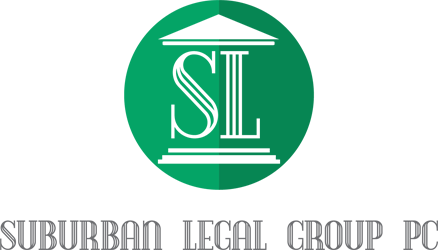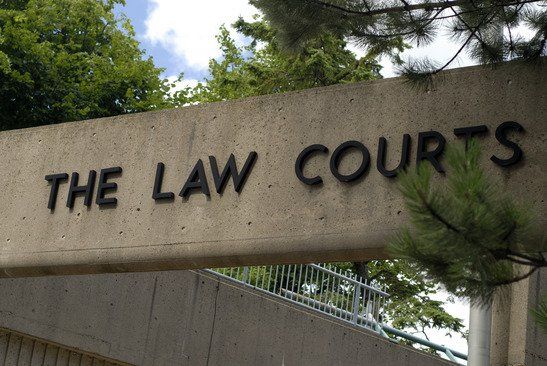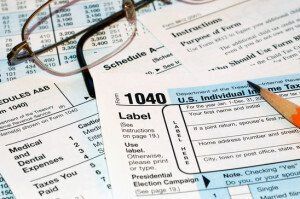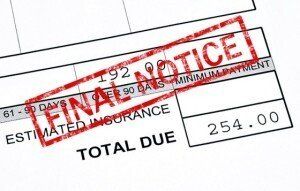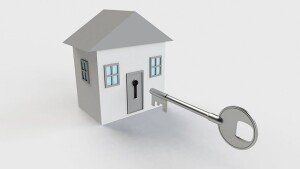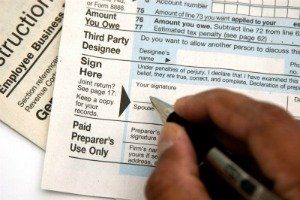(Schaumburg Office – Main Office)
Call Now!
(847) 843-8600
Can I Still Buy a Home During the COVID-19 Pandemic?
In just a few short months, the coronavirus pandemic of 2020 has thrown the world’s economies into chaos, tens of millions of people have filed for unemployment assistance, and entire industries have experienced collapse with stay-at-home orders.
For anyone who was – or is – thinking about purchasing a home, it’s common to wonder if the virus might impact whether it might be possible to get a home loan, refinance a mortgage, or even file for bankruptcy to avoid foreclosure and the loss of a family home.
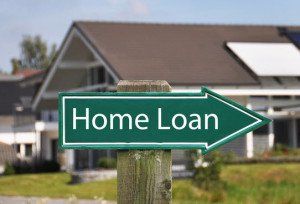
Mortgage Applications Have Grown Scarce
According to an article from The Los Angeles Times, the number of home sales has plummeted during the COVID-19 pandemic, but it hasn’t gone away completely. Unfortunately, some banks have tightened their lending rules, which has made it more difficult for prospective home buyers to qualify for a mortgage loan.
However, the pandemic’s impact on home loans hasn’t reached the level of the 2008 financial crisis.
“[C]redit still isn’t as tight as it was in the wake of the 2008 financial crisis. Back then, home prices had plunged, but many families were prevented from buying, losing out to investors who gobbled up cheap housing stock.”
It’s likely that the ability of the average American to qualify for a mortgage loan will depend on whether the economy rebounds in a timely manner or whether the financial problems that have impacted so many millions of Americans will continue into 2021.
Mortgage Lending Might Change for the Foreseeable Future
An opinion piece on Market Watch suggests that there might be a new normal when it comes to mortgage applications and approvals. The article suggests that mortgage lenders might be increasingly likely to digitize their mortgage lending process. Some facets of the mortgage lending system might become increasingly automated, and fewer people might be involved in the overall approval process.
“While the pandemic didn’t create the need for digitization and automation, clearer forbearance policies, and better customer service, it certainly has made mortgage executives prioritize these things — and the housing sector can emerge stronger and more customer-focused as a result.”
According to the article, more than 3.6 million requests have been made to lenders for mortgage forbearances. It’s possible that the number of forbearances experienced by the lending industry will result in a gradual tightening of lending rules. It may become more difficult for people who are just on the cusp of approval or denial to qualify for a mortgage. It may also make it more difficult for applicants to qualify for the lowest possible mortgage rates.
Mortgage Relief and the CARES Act
If you already have a mortgage, but you’re looking at a financial shortfall or an event (like unemployment) that might make it impossible for you to pay your mortgage, you might be able to obtain some relief through the Coronavirus Aid, relief, and Economic Security (CARES) Act, which was passed by the U.S. Congress soon after the pandemic began to impact the country.
According to the Consumer Financial Protection Bureau, one of the features of the CARES act is that a lender or loan servicer can’t foreclose for the 60 days following March 18. There are some indications that this date might change with the passage of further relief acts by Congress. The other important part of the CARES act for homeowners is that people who experience financial hardship due to the coronavirus can request a forbearance that may last up to 180 days.
Are You Thinking About Bankruptcy During the 2020 Coronavirus Pandemic?
Would you like assistance from an experienced legal bankruptcy professional? Contact Suburban Legal Group for assistance with all matters relating to bankruptcy.
DISCLAIMER: All information on this website is provided for informational purposes only and is not intended to be construed as legal advice. Suburban Legal Group PC shall not be liable for any errors or inaccuracies contained herein, or any actions taken in reliance thereon.
